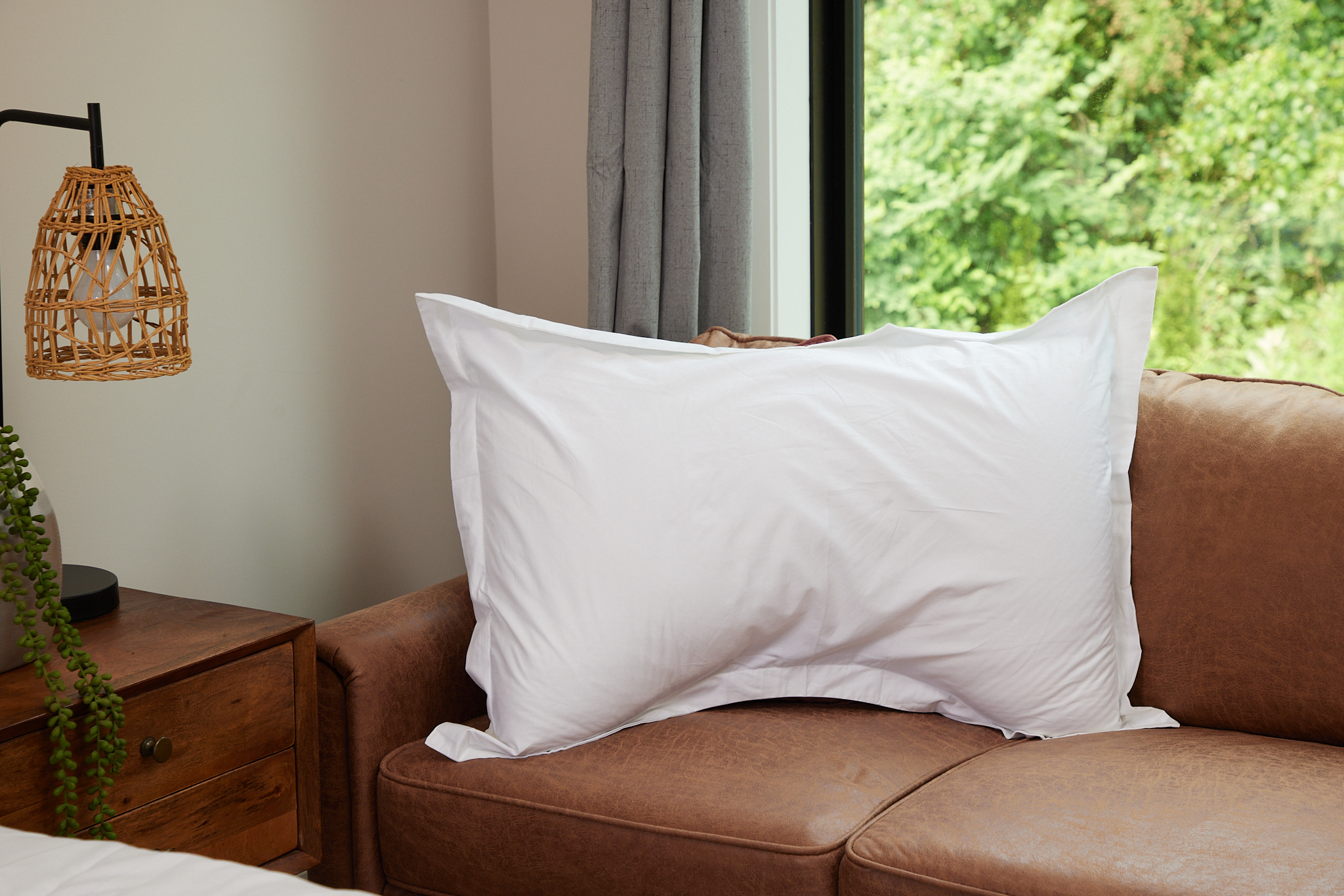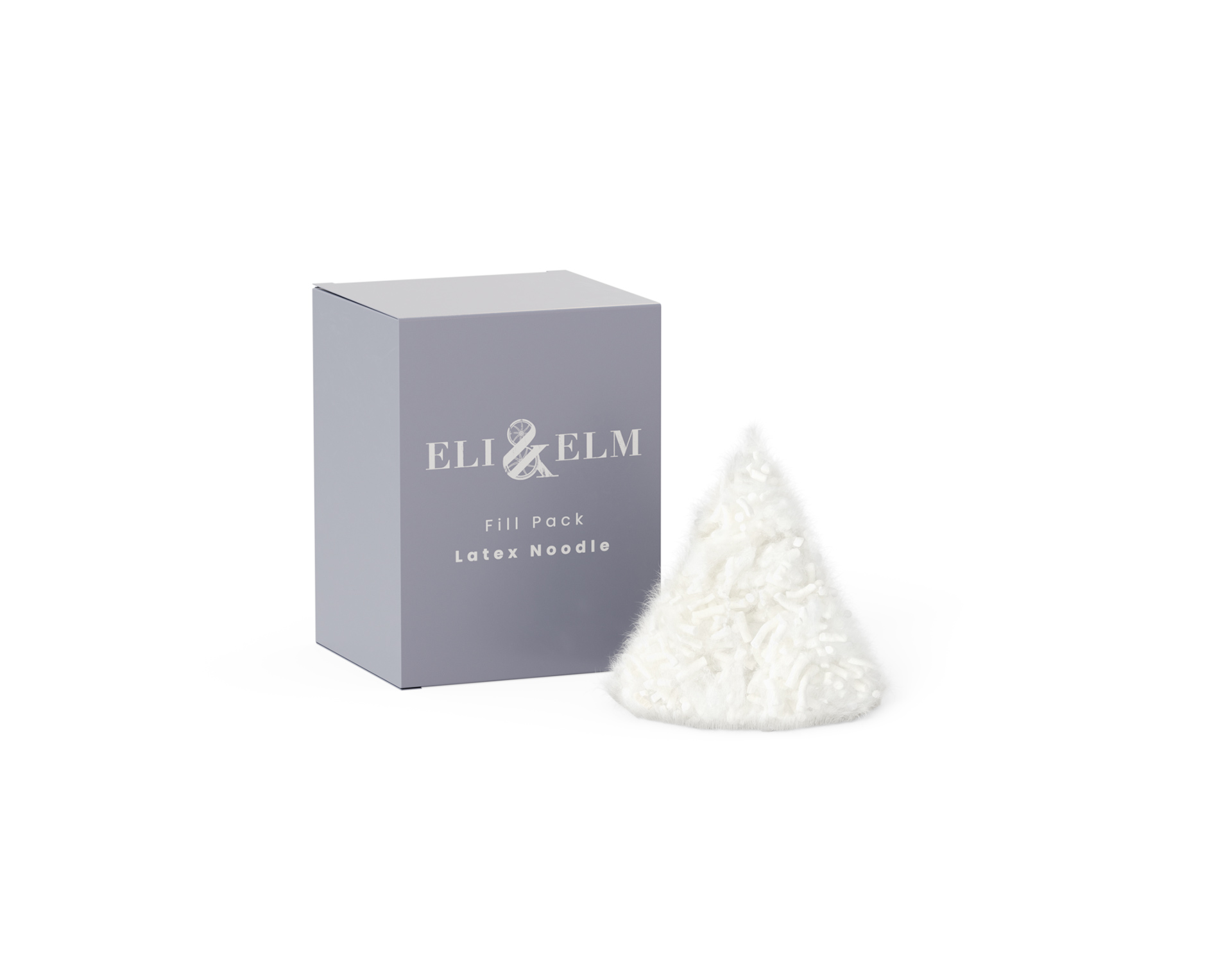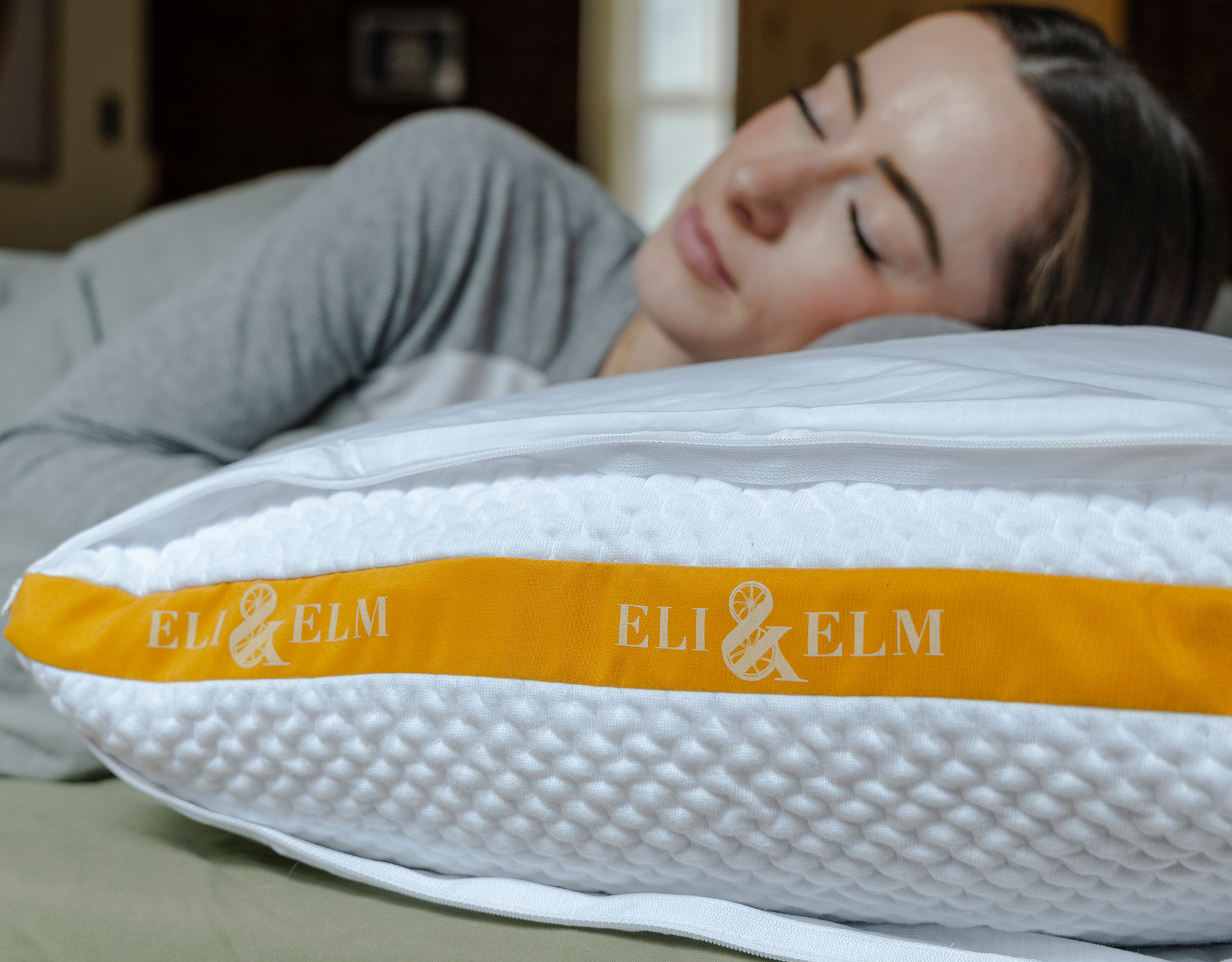Infected ears can really hurt a lot, especially when you're trying to sleep at night. The unbearable pain makes it tough to get the rest you need to feel better. But you can get some relief if you know what's causing the infection and use some tricks to help with drainage and lessen the pain.
So here we have got you some exceptional tips to get the best night's sleep when you're dealing with this annoying problem.
Ear Infection and Its Causes?
The most common type of infection is called acute otitis media, and it mainly happens when fluid builds up in the middle ear. The built-up fluid puts pressure on the eardrum, causing pain and discomfort.
The tubes connecting the middle ear to the nose and throat also get them swollen or blocked, making the situation worse. Even though it's more common in kids, these infections can be quite uncomfortable and keep you up at night.
Let's take a look at a few of its causes that might affect your sleep and overall health.
- Infections: Bacteria or viruses enter the ear, mostly when you catch a cold.
- Allergies: Allergic reactions leading to nasal and eustachian tube swelling.
- Sinus Issues: Sinus infections also lead to ear problems or infections.
- Moisture Exposure: Prolonged water exposure, like swimming, fosters bacterial growth.
- Air Pressure Changes: Sudden changes of pressure, like traveling in an aircraft affect your eardrums causing discomfort.
- Genetic Factors: Genetics or family history can also increase susceptibility.
Is It Risky to Avoid It?
The pain and discomfort from the infection might get better in a few days, but not paying attention to important signs can cause various lasting problems such as—
- Permanent Hearing Loss: If fluid and pressure stay in your ear for a long time, it can make you lose your hearing permanently.
- Spread of Infection: Bacteria stuck in your ear can make the infection worse and spread, leading to a ruptured eardrum.
- Ruptured Eardrum: If your eardrum hurts, you need medical help to fix it and prevent further infections. With proper care, it usually heals in a few weeks.
- Chronic Infections: If your ears hurt a lot and aren't managed well, they can mess with your hearing permanently.
Sleep Challenges With Infected Ears

Sleep isn't just about taking rest or relaxing; it's also important for one's overall health. Our bodies are designed to sleep to keep up our energy levels. The challenge is that various things, like ear pain, can interrupt our quality of sleep.
Did you know that more than 80 percent of kids go through this at least once by age 3? And about 25 percent will have them again and again. When kids lie down, the fluid buildup gets worse, making sleep uncomfortable.
These infections also bring along symptoms like—
- fever,
- fussiness,
- headaches,
- loss of balance,
- trouble sleeping during bedtime.
Pro Tips for Comfortable Night’s Sleep with Ear Infection
Infections aren't pleasant at all, especially for kids. You just want the symptoms to disappear quickly. But, how do you handle these infections to make sure you get at least a good night's sleep?
Here are a few pro tips for you to follow when tossing and turning in bed with ear discomfort.
1. Lift your head while sleeping
Putting an extra pillow under your head or using an adjustable bed is recommended when you are facing ear discomfort. Sleeping with your head elevated helps drain fluid, so it's not creating pressure on your eardrum all night. If only one ear is infected, sleeping on the other side can give it a break.
2. Stick to a sleep routine
Having a bedtime routine and finding yourself the right pillows can help you sleep better, even with the infection in your ear. Deep breathing, light stretches, and meditation can relax your body and reduce inflammation before sleep. Chewing gum, snacking, or sipping water might ease ear pain.
3. Use over the counter pain killers
For adults, medications like acetaminophen or ibuprofen can ease pain. But if you're giving them to kids under 2, check with their doctor first. If you have other health problems, ask your doctor about the best pain relievers.
4. Change sleeping position
Lying on your back puts stress on your ears. Switching positions during the night can relieve some of that pressure and make falling asleep easier. If one ear is infected, sleeping on the healthy side prevents pressure buildup. However, sleeping positions can have a great impact on your health.
5. Apply a warm compress for pain
Warm compresses, like a hot water bottle or a warm cloth in a plastic bag (avoid water going inside the ears), can bring relief. Make sure the temperature is bearable. The heat reduces congestion and pressure, helping you relax and fall asleep.
6. Try natural remedies
Natural treatments like diluted garlic, basil, or tea tree oil, and chiropractic care may provide relief. Always ask a doctor before putting anything in your ears, especially if your eardrums are ruptured. Try using oils carefully.
The Bottom Line

Having an earache can mess up your quality of sleep, but there are ways to deal with it. Sometimes, you might need to see a doctor, especially if the pain keeps going or gets worse. Don't ignore it if it's really hurting, or if you have a fever, feel dizzy, notice pus, or can't hear well – that's when you should see a specialist called an ENT.
Ignoring an infection could lead to permanent hearing problems. The key is to pay attention to what your body is telling you and get the right treatment. Don't let an infected ear mess up your sleep – take care of it!
Sources
Sleep Foundation: What Side Should You Sleep On If You Have a Ruptured Eardrum?












